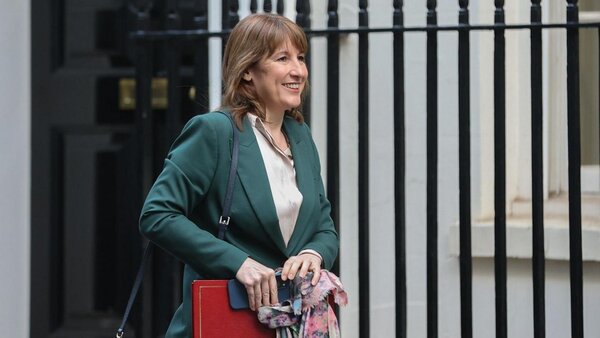Introduction
Britain’s newly elected Labour government is facing mounting pressure to overhaul the UK’s vehicle tax system after motorists were found to have overpaid millions due to administrative errors and a perceived “overpayment trap.” The controversy has drawn the attention of motoring groups and public policy campaigners, who are demanding urgent refunds for affected drivers and sweeping systemic change to prevent further financial loss.
According to a recent investigation, errors within the current car tax process, also known as Vehicle Excise Duty (VED), have resulted in significant overpayments fueling public discontent and renewed calls for transparency and fairness in government charges.
Scale of the Overpayment Problem
Recent findings from the motoring sector indicate that UK motorists unintentionally overpaid tens of millions of pounds in car tax last year alone. According to campaign group FairFuelUK, more than two-thirds of drivers are unaware that they face a car tax penalty when selling or transferring their vehicles, due to the rules around tax refunds.
Impact on Everyday Drivers
The overpayment issue has affected millions of vehicle owners across the UK, many of whom only discover the problem after the event. For example, if a motorist sells their car midway through the month, the buyer must pay tax for the remainder of that month, while the seller is not refunded for the days after the sale effectively leading to double charging.

Calls for Labour to Act
With Labour now at the helm, the pressure to fix the car tax refund issue has sharpened. Campaigners are calling on the government to revise or scrap the “month-rounding” rule, arguing that advancements in digital payments and administrative systems mean real-time calculations can now be implemented.
Breakdown of the Administrative Flaw
The root of the overpayment problem lies in the VED’s longstanding practice of charging for full calendar months, regardless of the precise day a vehicle is sold. This means, for instance, that if a car is sold on the 2nd of the month, the seller loses out on nearly an entire month’s tax. Simultaneously, the buyer is responsible for taxing the same vehicle for that month creating a period during which two people have effectively paid for the same car.
Wider Consequences for Public Trust
Beyond the immediate financial implications for motorists, the car tax row risks undermining public faith in the government’s ability to administer fair and transparent policies. Consumer groups have highlighted the importance of clear communication from official bodies and warn that complex, rigid systems deter public engagement.

Final Summary
At Pie, we champion transparency and fairness in how UK taxes are collected and administered. The recent revelation that UK motorists have collectively overpaid upwards of £40 million in car tax due to a flawed system has ignited calls for urgent reform. Motoring groups, campaigners, and everyday drivers are clamouring for the new Labour government to end the outdated practice of charging full months of tax on cars, regardless of the exact transfer date.
This administrative quirk not only costs individuals money but also erodes trust in government-run systems. While the DVLA has maintained the status quo for years, increased political attention and public outcry may force a policy overhaul sooner rather than later.
Stakeholders insist change is both feasible and necessary, and the spotlight is now firmly on Labour to deliver a fairer and more transparent car tax system for millions of UK drivers.











